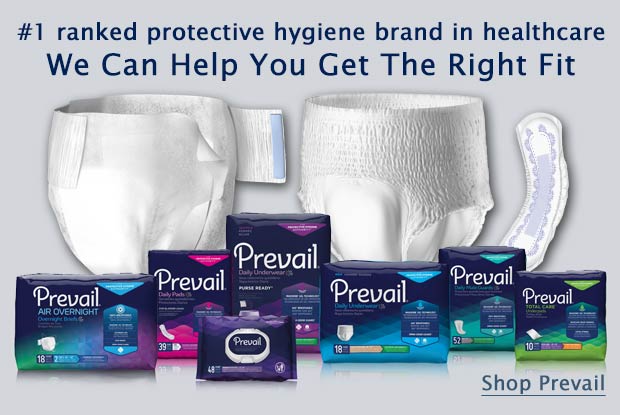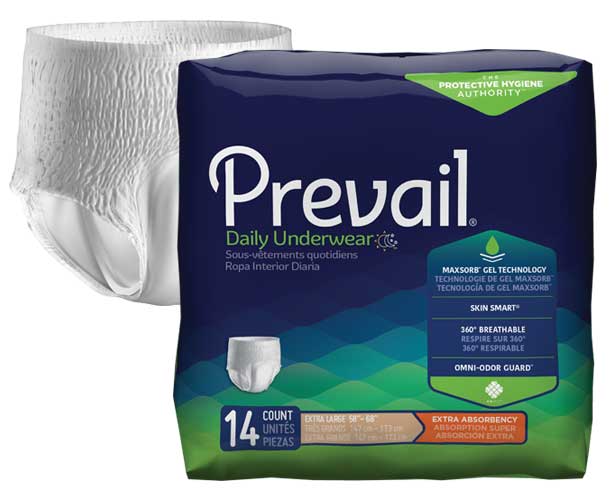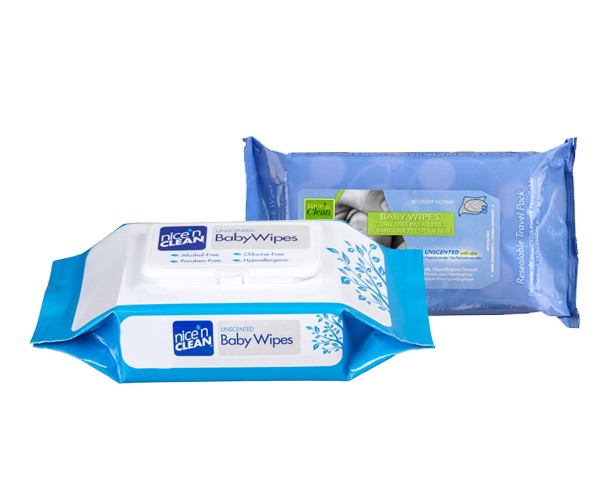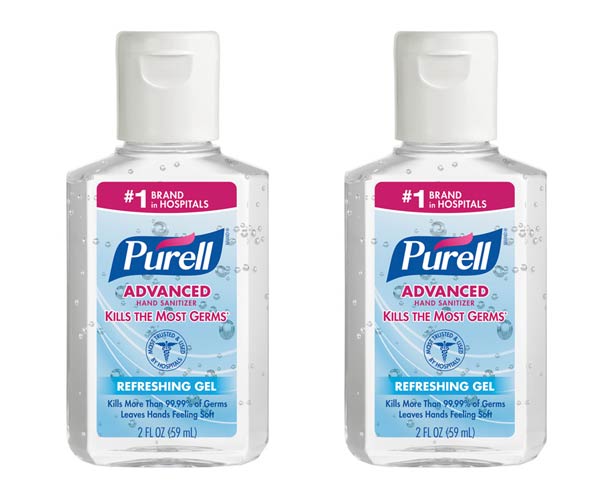
Please choose a body region on the right for you to pin point the problem area of your body.

Shop by Condition

Shop by Brand
Fecal incontinence (FI) is a condition that can be challenging and embarrassing for many. Understanding how to stop fecal incontinence is vital for improving quality of life and maintaining dignity. This guide provides practical steps and professional insights to help manage this condition effectively.
FI, sometimes called accidental bowel leakage, is when you cannot control your bowel movements, causing stool to leak unexpectedly from the rectum. This condition can range from occasional leakage to a complete loss of bowel control.
Several factors can contribute to FI, including:
The initial approach to managing FI involves understanding and addressing the underlying causes.
Dietary Adjustments
What you eat significantly affects bowel habits. Increasing dietary fiber can help solidify stool, making it easier to control. Foods rich in fiber include fruits, vegetables, and whole grains. However, it's essential to increase fiber intake gradually to avoid gas and bloating.
Medication Management
For those with diarrhea-induced FI, antidiarrheal medications can be effective. Medicines like loperamide (Imodium®) slow intestinal movement, reducing the frequency of bowel movements and improving stool consistency.
Bowel Training
Bowel training involves establishing a regular schedule for bowel movements. This method can be beneficial for those who have a predictable bowel pattern. The goal is to train the body to have bowel movements at the same times each day.
Pelvic Floor Muscle Training
Strengthening the muscles that support the bladder, rectum, and other organs is crucial. Pelvic floor muscle training, including Kegel exercises, involves contracting and relaxing these muscles. This training can be enhanced with biofeedback, helping you become more aware of the correct muscles to use.
Advanced Treatments for Fecal Incontinence
When lifestyle changes and basic treatments don’t provide enough relief, there are other options to consider.
Anal Sphincter Bulking Injections
These injections aim to bulk up the tissue around the anus, narrowing the opening and reducing leakage.
Surgical Options
Various surgical options are available, depending on the cause and severity of FI:
Living with Fecal Incontinence
Living with FI can be challenging, but many people find ways to manage it effectively.
Using the Right Products
Using the right incontinence products, like pads or disposable underwear, can provide security and confidence. These products are designed to absorb and contain leaks, offering protection in various situations.
Emotional and Social Support
It’s essential to remember that you're not alone. Many people experience FI, and finding a supportive community can be incredibly beneficial. Support groups and counseling can offer emotional support and practical tips.
Regular Check-Ins with Healthcare Providers
Regular appointments with your healthcare provider are crucial for monitoring your condition and adjusting treatment as needed. Don’t hesitate to discuss any changes in your symptoms or how the condition affects your life.
Managing FI is a journey that involves various strategies and treatments. By understanding the condition, exploring different treatment options, and finding the right support, you can effectively manage fecal incontinence and maintain a fulfilling life.
| |
|---|
 Prevail Incontinence Products |
 Tranquility Underwear / Pullons |
| |
|---|
 Prevail Extra Protective Underwear |
 Nice'n Clean Baby Wipes (Unscented) |
 Purell Instant Hand Sanitizer, 2 oz |
| Stay Connected! | |
|
|
|
Related Articles
Get $10 off your next order when you sign up to receive our email newsletter.*
Simply enter your email address below!
*Minimum order value of $100. Valid email address to qualify.







